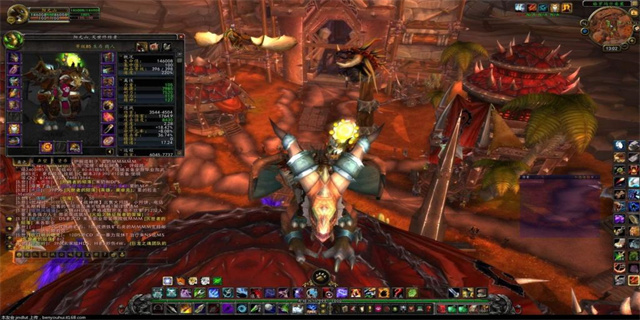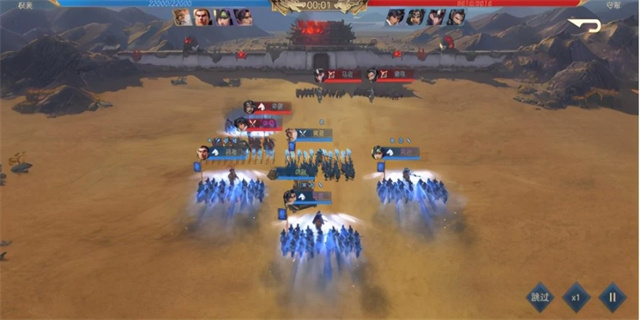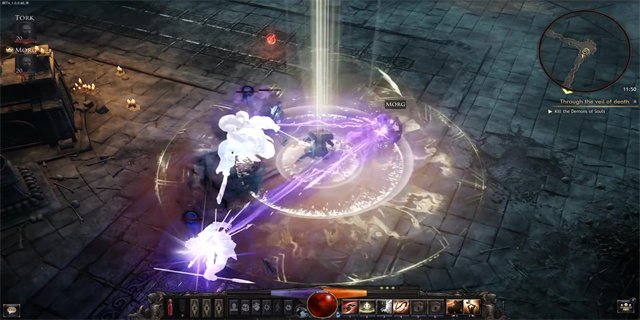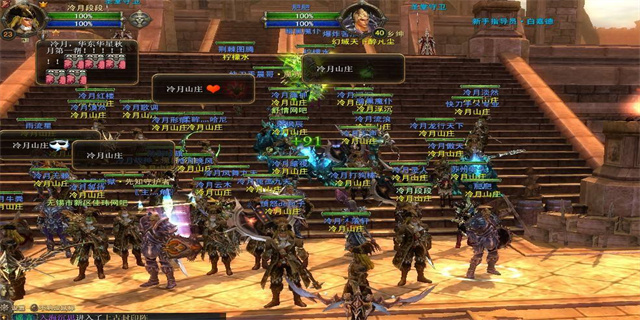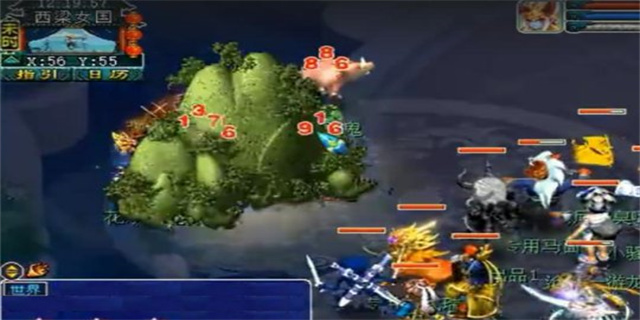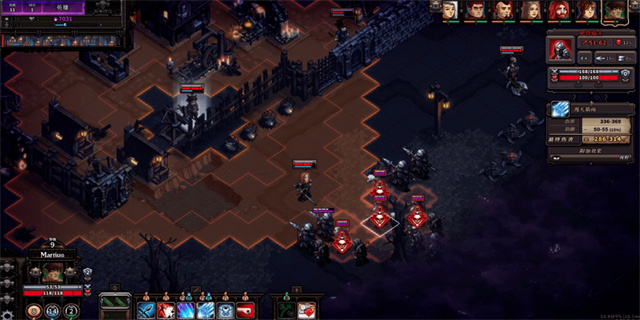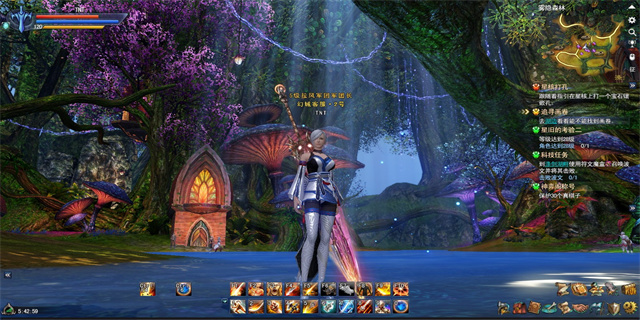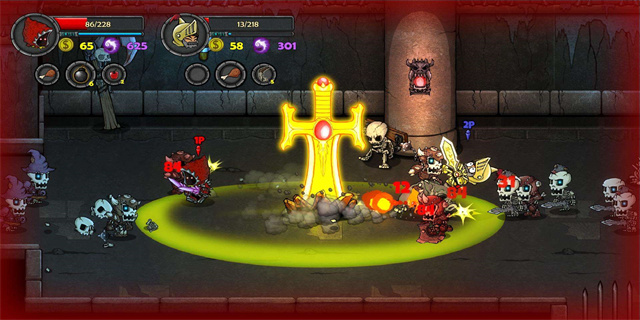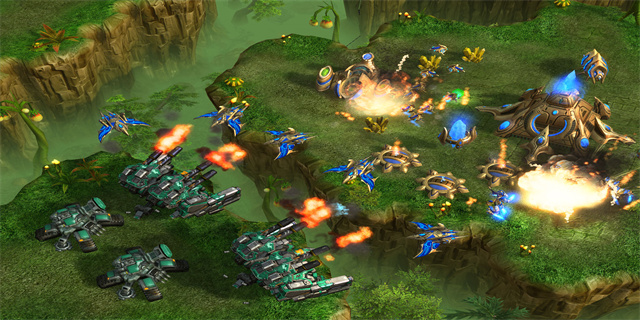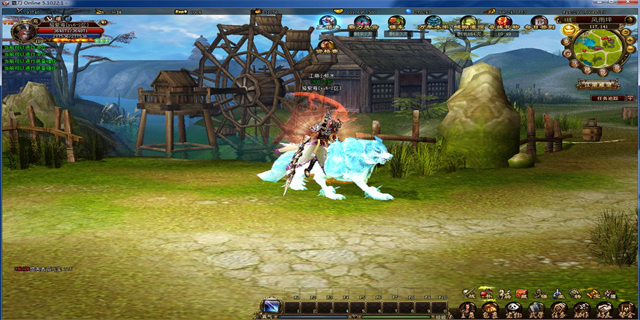Paradise Lost: Exploring the Depths of Humanity
The Fall of Man: A Temptation that Shattered Paradise
John Milton's epic poem, Paradise Lost, delves into the age-old tale of the Fall of Man. Through powerful language and vivid imagery, Milton explores the depths of humanity, delving into themes of free will, temptation, and the consequences of our actions. Drawing upon the biblical story of Adam and Eve, Milton crafts a narrative that not only provides insights into the human condition but also serves as a warning against the dangers of succumbing to temptation.

The Complexities of Free Will
In Paradise Lost, Milton grapples with the complex notion of free will. He presents Adam and Eve as individuals endowed with the freedom to make their own choices, emphasizing the capacity for human agency. However, this freedom is both a blessing and a curse, as it opens the door to temptation and ultimately leads to their downfall. Through the character of Satan, Milton explores the extent to which free will can lead to both liberation and destruction.

The Power of Temptation
Central to Paradise Lost is the power of temptation, which seduces even the most virtuous characters. Milton portrays Satan as a master manipulator, skillfully wooing Eve with flattering words and false promises. Eve, driven by her curiosity and desire for knowledge, succumbs to the allure of the forbidden fruit, ultimately leading to the expulsion from paradise. This theme serves as a reminder of the dangers of succumbing to our desires and the devastating consequences that can follow.
The consequences of Adam and Eve's actions ripple through the poem, showcasing the wide-reaching effects of temptation. Their fall from grace not only results in their expulsion from paradise but also introduces sin, death, and suffering into the world. Milton's portrayal of the catastrophic consequences of temptation serves as a cautionary tale, warning readers about the potential consequences of yielding to their own temptations and desires.
A Reflection of Human Nature
Paradise Lost offers a profound reflection on human nature and the inherent flaws that lie within us. Through the character of Satan, Milton explores the depths of human pride, envy, and ambition. Satan's rebellious spirit and his refusal to submit to God's authority mirror the darker aspects of our own nature. Milton's portrayal of Satan as a complex and charismatic figure challenges readers to confront their own inner demons and consider the consequences of yielding to selfish desires.
Redemption and the Triumph of the Human Spirit
Although Paradise Lost focuses on the fall of humanity, it also includes themes of redemption and the resilience of the human spirit. Through the character of Adam, Milton explores the capacity for growth and self-reflection. Despite his initial surrender to temptation, Adam ultimately finds redemption through repentance and acceptance of divine mercy. This theme offers a glimmer of hope, reminding readers that even in the face of our own shortcomings, we have the potential for redemption and renewal.
In conclusion, Paradise Lost serves as a powerful exploration of the depths of humanity. Through the themes of free will, temptation, and the consequences of our actions, Milton delves into the complexities of human nature, challenging readers to confront their own flaws and desires. While the poem's narrative may revolve around the fall of man, it also offers themes of redemption and the triumph of the human spirit. Milton's Paradise Lost remains a timeless masterpiece that continues to captivate and provoke contemplation about the nature of our existence.

